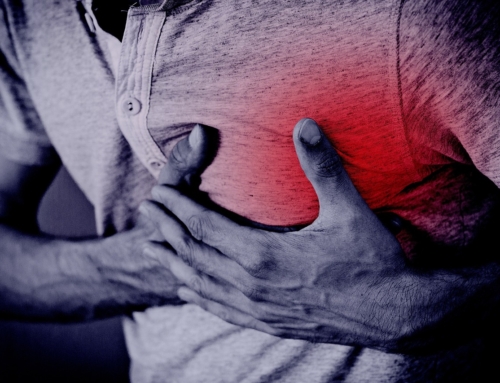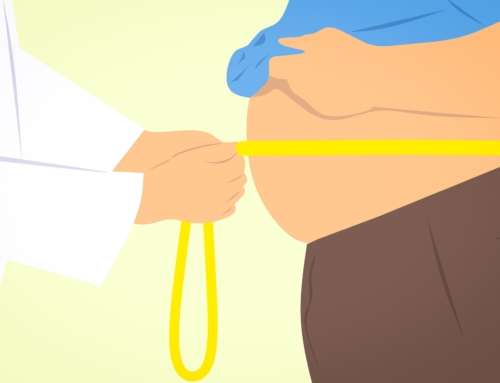When our country state shut down due to COVID, it was no surprise that liquor sales went up. We are now going into our 7th month since shut down (yes, can you believe that?) and I bet if I pulled sales records at the liquor stores, sales are even higher now than at the start.
As I speak to patients, I am hearing more and more alcohol use. Some people reach for it because they are stressed and some because they are home all day and a drink in the evening provides that cut-off between work and off. There are a multitude of reasons in between. I am dubbing a condition called the “COVID alcoholic”. These are the people who didn’t drink regularly prior to COVID who now are. Perhaps before COVID you only drank once a week but now it is nightly. Or maybe you only had one glass of wine/beer/mixed drink a night and now it is three. It sneaks up on you and we are getting ready to head into winter which always kicks up alcohol use so take a survey of your habits right now and come up with a plan to change things.
Regardless of the reason, if alcohol use has increased in your life then please continue to read this.
In the meantime, you need to know how alcohol might actually deplete you of some core nutrients making you more susceptible to getting COVID…. Yikes! In addition, alcohol decreases the immune system. A lowered immune system and loss of nutrients is a double whammy and that’s not considering your age, weight and other health issues like diabetes or heart disease. READ ON to learn what nutrients alcohol depletes and if you are going to drink alcohol regularly what nutrients you need to be taking right now.
Even social use of alcohol on a consistent basis can deplete key nutrients. It is well known that
alcoholics have several nutrient deficiencies and can even end up with some severe illnesses including dementia, anemia and liver disease. This occurs for a variety of reasons but the take home point is key nutrients get depleted with continued alcohol use of any amount.
Here are the nutrients that you need to supplement with:
1. B vitamins. B1 (thiamine) is a key nutrient deficiency with alcohol although it does deplete all B vitamins. B1 deficiency has been linked to cardiovascular issues as well as central nervous system issues including a severe form of dementia. Research has indicated that the COVID virus uses a B1 (thiamine) transport system to replicate (furthering progression of the virus). If thiamine is adequate then it is harder for the virus to bind and attack that transport system. On the flip side, if thiamine is depleted then this transport system is wide-open inviting the virus to attach easily potentiating progression. Benfotiamine is the most absorbable form of B1. Don’t forget the other B vitamins though.
2. Zinc. Surely by now you have heard all about zinc and COVID. We have lower levels of zinc as we age but turns out we also have lower levels of zinc with alcohol use. If you aren’t taking zinc yet, then start 15-20mg daily with a meal.
3. Vitamin A. Lower vitamin A has been shown to increase virus susceptibility. This has been demonstrated with many viruses including HPV. Unless you are working with a health care physician to help guide you on vitamin A dosing a good multi is the best way to replete this nutrient because there can be some toxicities with high doses.
4. Magnesium. Low magnesium can lead to muscle cramps and in extreme cases heart rhythm issues. It is easy to replete magnesium and you will know if you get too much when you get diarrhea. Just back down on the dose if that occurs. Dosing ranges from 125mg up to 800mg with magnesium glycinate form having the least amount of GI symptoms.
The key nutrients to add during this COVID time would be a Benfotiamine supplement and a good multivitamin with zinc, A, magnesium and other B vitamins. Most multivitamins do not contain enough B1 to replete you and it is rarely in the benfotiamine form.
You also need to be aware of the signs of alcoholism. I always hear people say they can stop at any time. If you try to stop and experience cravings, shakiness, anxiety, depression, agitation, sweating, nausea or vomiting then you might just have a serious alcohol issue. Signs of alcoholism include the strong need to have a drink, difficulty controlling the amount you drink, have problems when you drink like blacking out or have withdrawal symptoms when you don’t drink for a few days. Everyone’s limit is different so don’t get stuck on the amount alone as it is often the frequency that is an issue. If you are having trouble reducing or stopping drinking seek help. There are a lot of resources available!
Many people just like the taste and there are some interesting alcohol free alternatives available so try them out. Alcohol free beers have been around for years and now they have alcohol free spirits. A quick google search brings up many options!
Take note on how much alcohol you are consuming right now and start coming up with things to do in place of drinking. Your body will thank you.
To your health,
Laura









